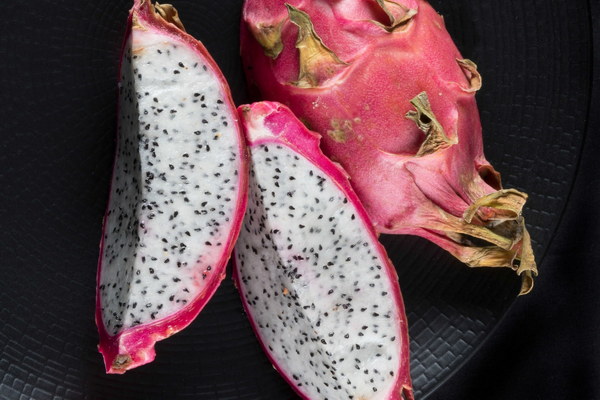Revitalizing Your Vitality Nurturing Spleen and Kidney Yang Deficiency through Traditional Chinese Health Practices
In the realm of Traditional Chinese Medicine (TCM), the concept of balancing the body's internal energies is paramount. One such balance involves the care of the spleen and kidney, which are considered vital organs in maintaining overall health. When the spleen and kidney yang are deficient, it can lead to a host of health issues. This article delves into the intricacies of TCM and offers practical tips on how to nurture the spleen and kidney yang to enhance vitality and well-being.
Understanding Spleen and Kidney Yang Deficiency
In TCM, the spleen and kidney are often regarded as the foundations of one's health. The spleen is responsible for transforming and transporting nutrients, while the kidneys govern growth, development, and the balance of fluids within the body. Yang, in this context, refers to the body's vital energy, or Qi, which is essential for warmth and movement.
A deficiency of spleen and kidney yang manifests in various ways, such as fatigue, weakness, cold extremities, and a lack of vitality. To address these imbalances, TCM practitioners recommend a combination of dietary adjustments, lifestyle changes, and herbal remedies.
Dietary Adjustments
A balanced diet is crucial for nurturing the spleen and kidney yang. Here are some key dietary recommendations:

1. Warm, Nutritious Foods: Incorporate warm, nourishing foods such as soups, stews, and roasted vegetables. These foods can help to increase the body's yang energy and provide essential nutrients.
2. Kidney-Nourishing Foods: Include foods such as black beans, walnuts, and goji berries in your diet. These foods are believed to support kidney function and enhance yang energy.
3. Spleen-Supporting Foods: Foods like sweet potatoes, millet, and squashes can help strengthen the spleen and improve its ability to transform nutrients.
4. Avoid Cold, Raw, and Excessive Foods: Limit intake of cold, raw, and overly processed foods, as they can further deplete the spleen and kidney yang.
Lifestyle Changes
In addition to dietary adjustments, adopting certain lifestyle changes can help to nurture the spleen and kidney yang:
1. Regular Exercise: Engaging in moderate exercise, such as walking, tai chi, or gentle yoga, can help to boost the body's circulation and Qi, promoting overall health.
2. Adequate Rest: Ensure you get enough sleep to allow your body to rejuvenate and restore its energy levels.
3. Manage Stress: Chronic stress can weaken the spleen and kidney yang. Practice stress-reducing techniques such as meditation, deep breathing exercises, or spending time in nature.
Herbal Remedies
Herbal remedies can play a significant role in nurturing the spleen and kidney yang. Common TCM herbs include:
1. Astragalus (Astragalus membranaceus): Known for its immune-boosting properties, astragalus can help to strengthen the spleen and kidney yang.
2. Codonopsis (Codonopsis pilosula): This herb is often used to support the spleen and enhance energy levels.
3. Cinnamon (Cinnamomum cassia): Cinnamon can help to warm the body and support the spleen and kidney.
4. Goji Berries (Lycium barbarum): These berries are rich in antioxidants and can help to nourish the kidneys and enhance overall vitality.
Combining these herbal remedies with dietary adjustments and lifestyle changes can yield significant benefits for individuals with spleen and kidney yang deficiency.
Conclusion
In conclusion, nurturing the spleen and kidney yang is essential for maintaining overall health and vitality. By adopting a balanced diet, making lifestyle changes, and incorporating herbal remedies, individuals can effectively address this deficiency and experience a greater sense of well-being. Remember, it's always best to consult with a qualified TCM practitioner before starting any new treatment or regimen.









